Preparing Today's Graduates for Tomorrow's Challenges:
Digital (R)Evolution in Action
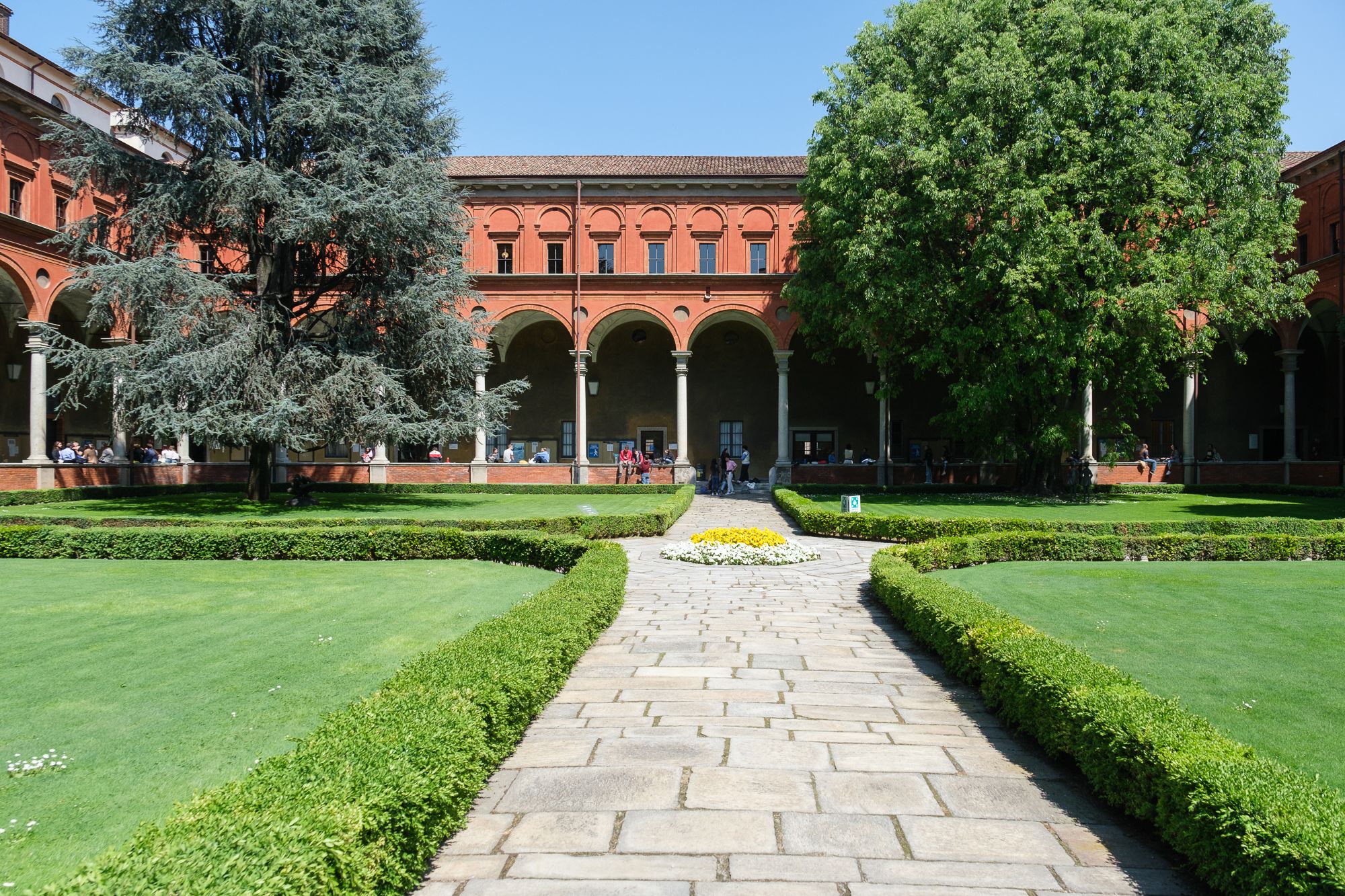
As we live and move into the digital age, traditional education is constantly influenced by the rise of new technological advancements, virtual connections and borderless opportunities. Università Cattolica, the largest non-state university in Europe and Italy, is taking up the challenge through the changing landscapes of higher education and workforce readiness by showing how technology is not only altering the way we learn but also transforming the skills necessary to succeed in the digital workforce.
Navigating Through Innovative Learning and Research
Imagine a world where learning isn't confined to the four walls of a classroom but extends into the global digital expanse. This is the reality for students engaged in projects like "Fashion & Food Synergy for Sustainability" within the Bachelor of Science in Communication Management at Università Cattolica del Sacro Cuore. Thanks to partnerships with universities such as Universidad de Navarra in Spain, Radboud University Nijmegen in the Netherlands, and Jagiellonian University in Poland, Università Cattolica has allowed its students to explore the connection between fashion, food, and sustainability through a digital lens and collaborative online international learning (COIL). These innovative learning experiences are more than academic exercises; they are journeys of discovery that equip students with a profound understanding of complex global challenges while acquiring the soft skills often sought in new employees.
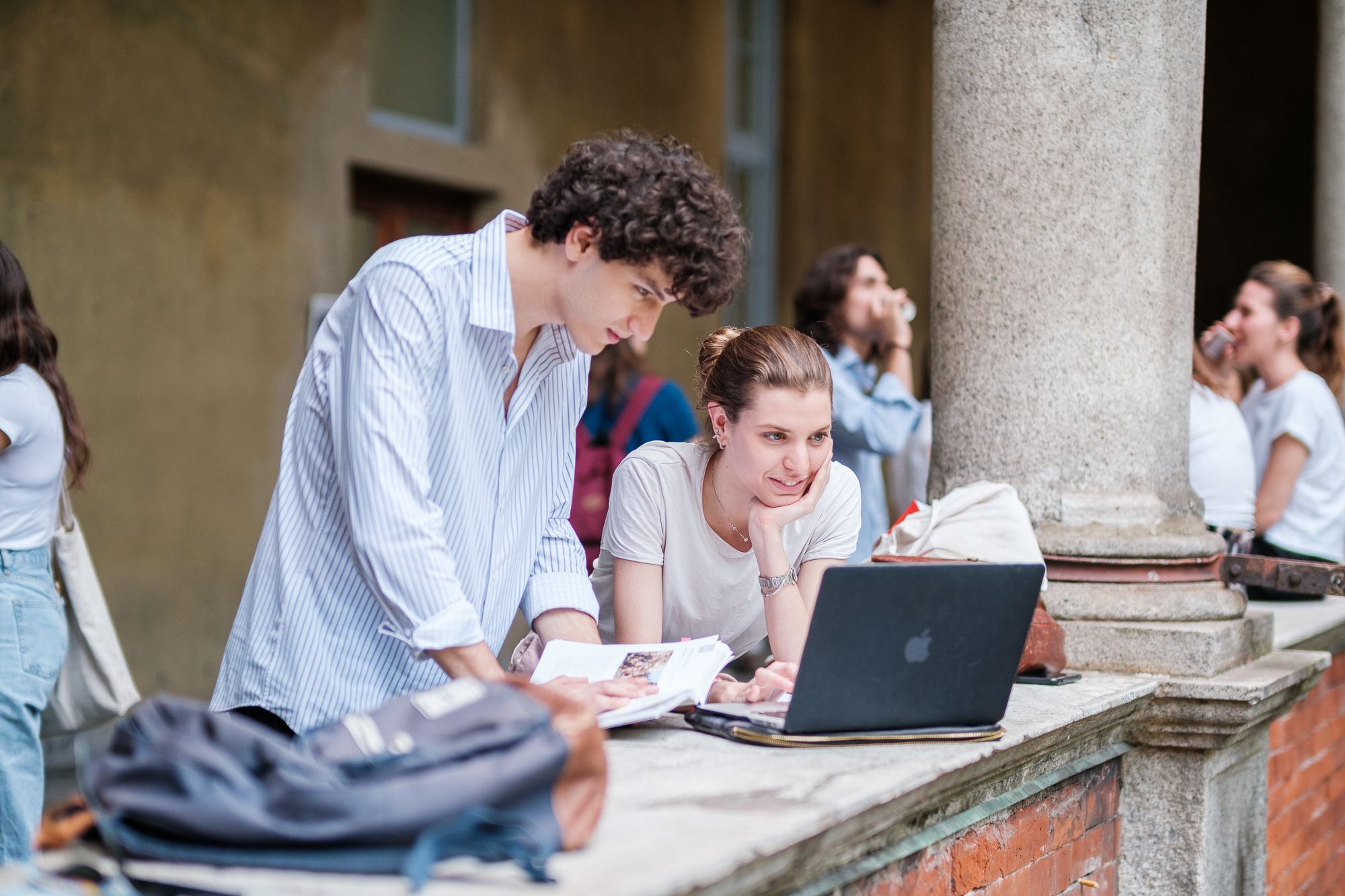
Steering Graduates Towards the Digital Workforce
The digital economy is calling for a new breed of professionals – those fluent in the language of technology and adaptable to its incredibly rapid evolutions. Università Cattolica has been working with Absolute Internship, an award-winning leading global internship program matching students with internships at top companies around the globe, for many years now to offer all its students the opportunity to gain international professional expertise while gaining competencies such as emotional intelligence, cross-cultural understanding, adaptability, problem-solving etc. Università Cattolica recently sat down with Fredrik van Huynh, co-founder of Absolute Internship, to talk about the transformative impact of tech-driven internships and AI on education. When we think of the impact of AI we shouldn't just focus on coding or data analytics; it's about cultivating the soft skills that machines can't replicate and equipping our students to augment the capabilities of generative AI through the human experience and expertise. As students navigate these tech-infused learning pathways, they emerge not only as technologists but as innovators, communicators, and problem-solvers.
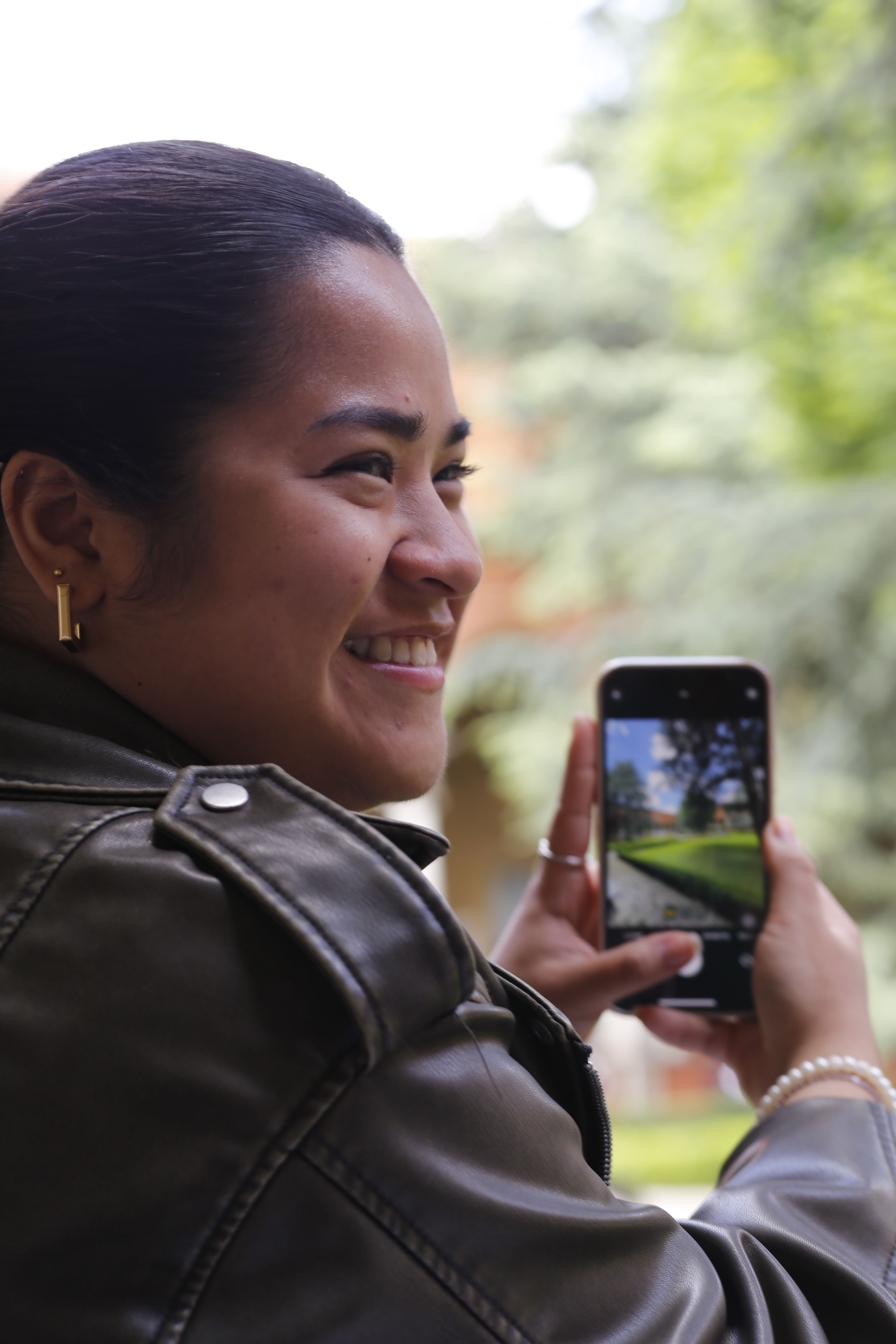
The Challenges and Opportunities of Integrating Technology
With great power comes great responsibility. The integration of technology into education is a delicate dance, one that requires educators to continuously study, reflect, adapt and innovate. Università Cattolica and its SACRU Alliance fellow members, which include Australian Catholic University, Boston College (USA), Pontificia Universidad Católica de Chile, Pontifícia Universidade Católica do Rio de Janeiro, Sophia University (Japan), Universidade Catòlica Portuguesa, and Universitat Ramon Llull, have been working together on the topic of "AI, Agency and the Human Person." This group focuses on understanding the nature of AI and its ethical implications, particularly about agency, the interplay between agency and life, the unique features of human agency, and the ethical dimensions of AI's impact on human agency. As Catholic universities, it is crucial to comprehend the role and aspirations of institutions in a technologically advanced society. This involves a focus on teaching, research, and service to address educational and anthropological challenges, while also highlighting the distinctive contributions of Catholic education to higher education, human dignity, and the common good.
Ultimately, it's about striking the perfect balance between technical acumen and the timeless skills of critical thinking and creativity. This journey is complex, but the rewards are immeasurable. As we foster a learning environment that embraces technology, we prepare our students to not just face the future but to shape it.
Towards a Digitally Empowered Future
Technology's influence on studying abroad reaches far beyond traditional classrooms, ushering in a digital era that has redefined learning, connectivity, and exploration.
Digital learning platforms, accelerated by the COVID-19 pandemic, have become pivotal in our educational landscape. Our educators and administrative staff are adopting these essential tools, pushing the boundaries, and enhancing the study abroad experience. Video calls, messaging apps, social media and Artificial Intelligence seamlessly bridge geographical divides, fostering a global community for information sharing, research, and maintaining connections.
Technology enables students to capture and share their study abroad journeys through digital storytelling, sparking conversations, fostering active participation, and motivating others. While technology may present limitations or ethical considerations, Università Cattolica firmly believes it enhances the study abroad experience. It complements rather than replaces traditional elements like physical presence and cultural immersion, which remain essential for fostering deep connections and immersive learning. However, technology amplifies these experiences by fostering global connections, enriching intercultural understanding, and facilitating personal growth.
The digital future is not a distant dream. Technology and AI are shaping our campuses and workplaces today. Università Cattolica del Sacro Cuore recognizes the uncertainties and exciting opportunities of this new era. The university is working to offer its students an interdisciplinary education enhanced by truly future-focused international experiences.
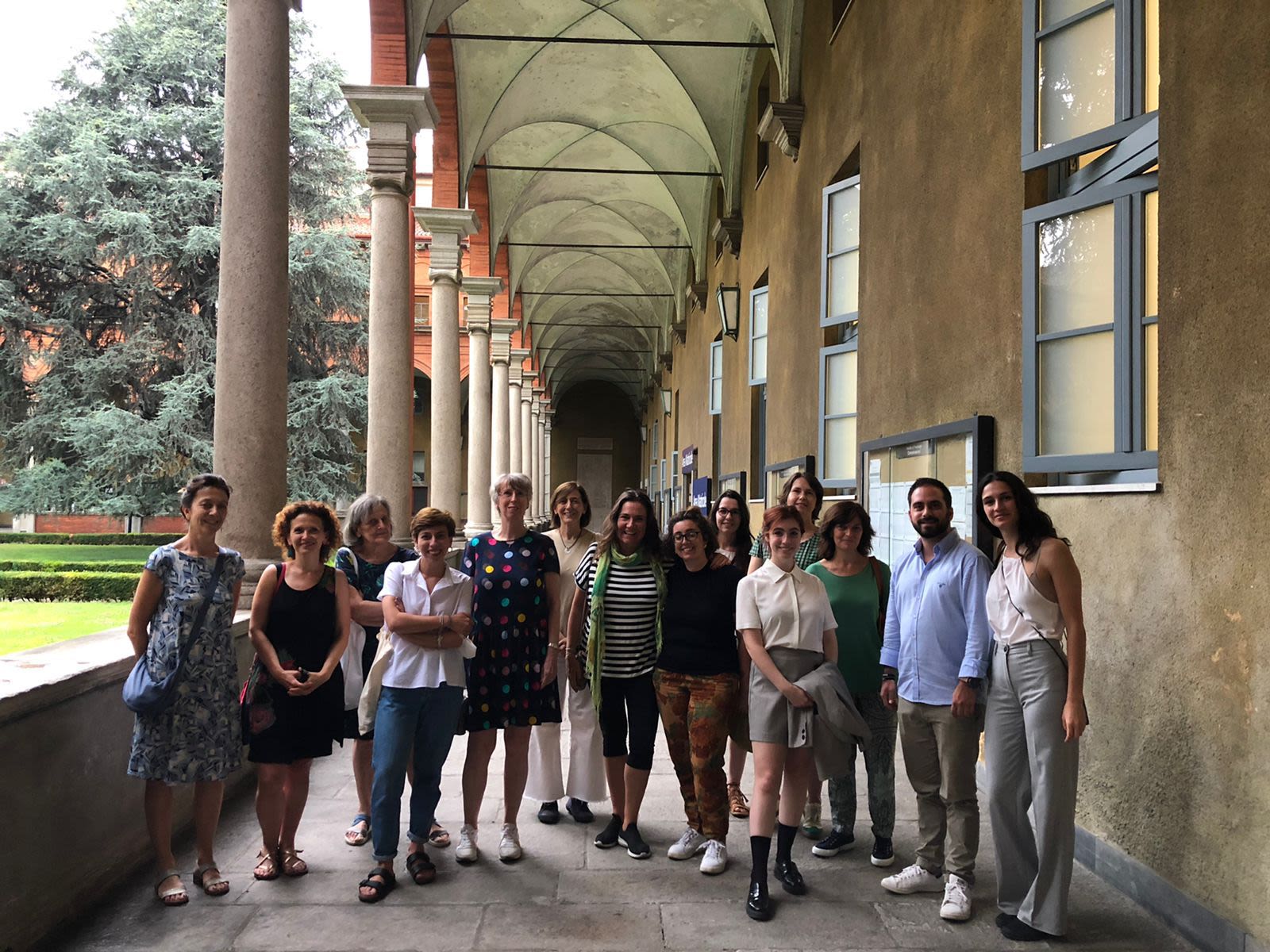
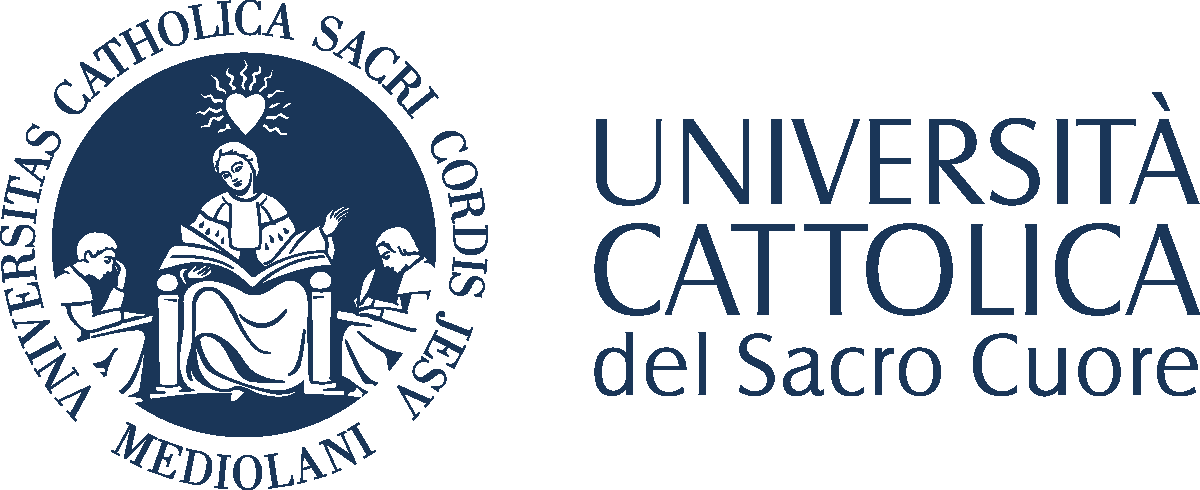
This content was paid for and created by Università Cattolica Del Sacro Cuore. The editorial staff at The Chronicle had no role in its preparation. Find out more about paid content.


